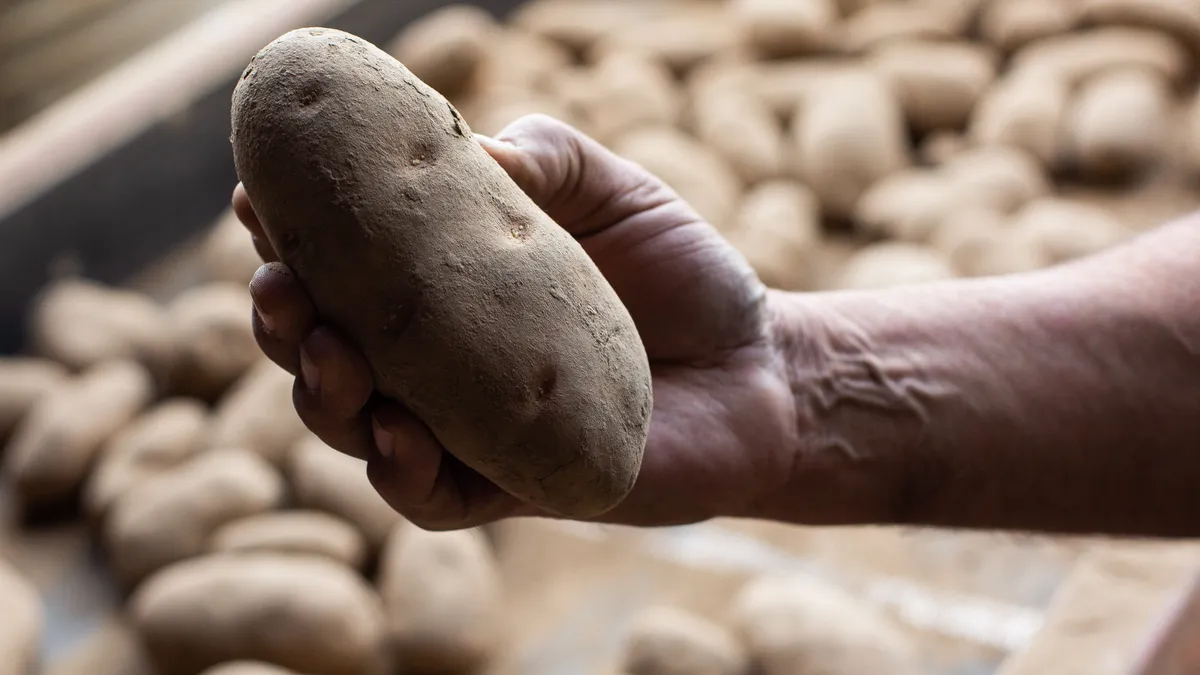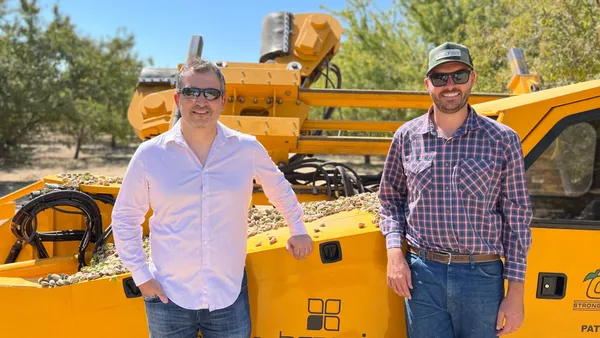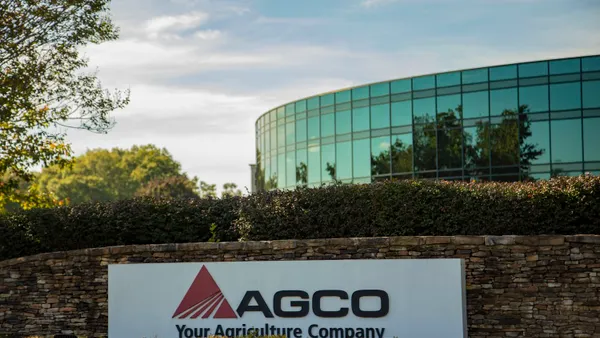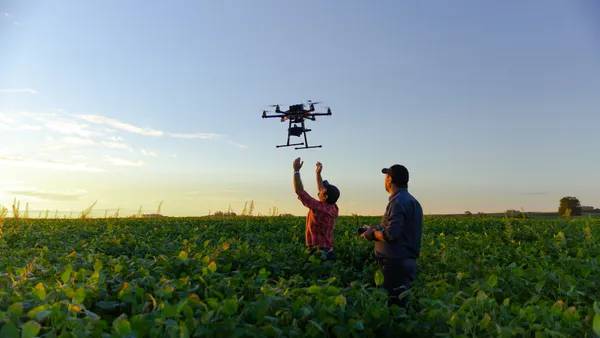Bayer and Solynta partner on hybrid potato seeds for smallholder markets
Bayer and Netherlands-based company Solynta plan on developing new varieties of potato seeds for the Kenyan and Indian markets.
The joint effort will allow growers to plant potatoes from true seeds rather than the traditional planting of tubers, which carry disease, cost and storage challenges, according to a news release. Leveraging Solynta’s potato expertise, Bayer will distribute the seed varieties to growers in remote areas of Kenya and India with the goal of enhancing food security.
“Hybrid breeding is a proven technology in many existing food crops, which allows fast development of new varieties with desirable traits, such as disease resistances,” Peter Poortinga, CEO of Solynta said in a statement.
The partnership marks Bayer's entry into the global potato market and its first collaboration with Solynta, a specialist in developing robust hybrid potato varieties. It also aligns with Bayer’s overall regenerative agriculture strategy.
“Adding true potato seeds to our portfolio is a natural progression of our team’s work to support smallholder growers and offer the latest innovations,” Inci Dannenberg, Bayer’s president of global vegetable seeds, said in a statement.
— Rose Palazzolo
Three leading produce growers go high-tech with Agrology system
Agrology, which creates technology that measures greenhouse gasses coming from the soil and uses real-time data to determine upcoming weather events in fields, has joined forces with three large produce growers — Bowles Farming Company, Braga Fresh Family Farms and Taylor Farms.
Each will adopt the Agrology Arbiter System to monitor and measure the impact of their regenerative programs on soil health, microbial function, soil carbon stocks and water conservation, according to a news release.
Agrology’s probes and gas monitoring chambers are placed across the fields to gather representative data and send real-time alerts to farmers.
“The future of farming hinges on prioritizing soil health and we are excited to work with Agrology to gather the data to guide us as we further expand our regenerative journey,” John McKeon, director of organic integrity and compliance at Taylor Farms, said in a statement.
Agrology’s technology is at the intersection of precision agriculture, regenerative agriculture and ground-truth environmental services. The company said its abilities enable a “collaborative, innovative approach for all stakeholders in regenerative agriculture.”
— Rose Palazzolo
Tiny flags detect fecal matter in fresh produce on the farm
Purdue University researchers said they have developed a paper-based biosensor that can detect fecal matter on fresh produce farms with 100% accuracy.
The innovation, which uses a technology called loop-mediated isothermal amplification (LAMP), was inspired by advancements achieved during the COVID-19 pandemic. Purdue’s team recently implemented the technology on paper-based devices for rapid results in agricultural uses with strong results.
The device looks like a tiny plastic flag and can collect bioaerosol samples in fresh produce fields before going through a heating imager to detect how much bacteroidales is present. The field test results have agreed 100% with laboratory results.
“To our knowledge, this work represents the first demonstration of a portable LAMP testing platform implemented on a fresh produce farm,” the co-authors wrote in the journal Biosensors and Bioelectronics.
The team was led by Mohit Verma, associate professor of agricultural and biological engineering. Krishi, a startup where Verma acts as chief technology officer, is licensing the technology through Purdue Innovates.
— Nathan Owens










